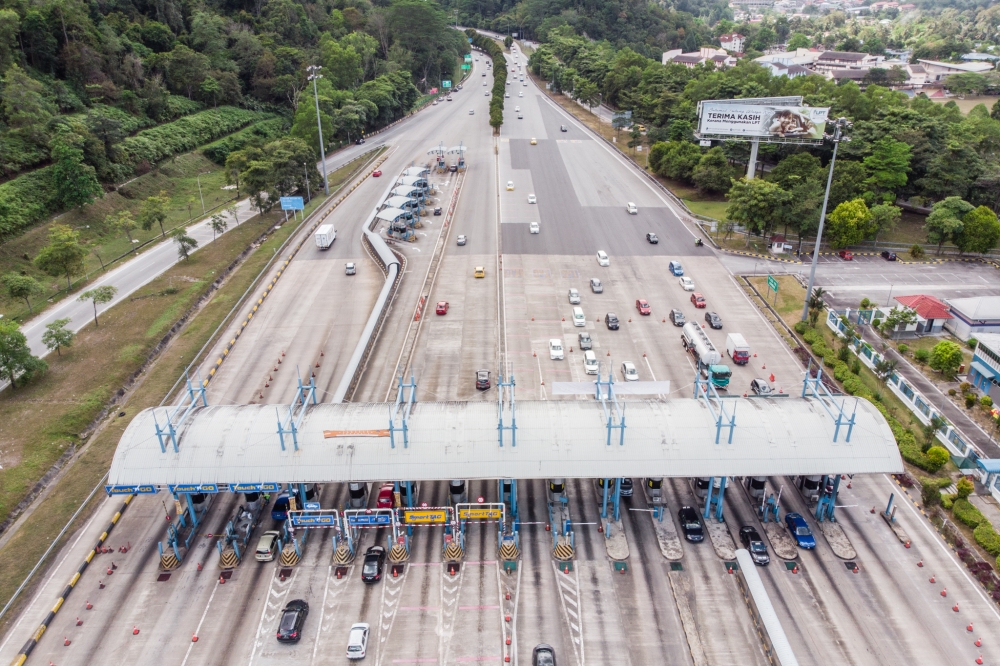KUALA LUMPUR, May 24 — Sovereign wealth fund Khazanah Nasional said it has no authority to determine how Putrajaya used the RM3 billion it raised via a share issue and which was allegedly used to service 1Malaysia Development Bhd’s (1MDB) debts.
The firm noted that the shares were issued to the Finance Ministry, which was headed then by Datuk Seri Najib Razak.
Khazanah added the Finance Ministry as its sole shareholder was authorised to redeem the share value at any time.
“Further, it is also relevant to note that Khazanah has no control over the utilisation of the funds once the [Redeemable Cumulative Convertible Preference Shares] has been redeemed,” it said in a statement.
The Reuters news service reported today that Putrajaya allegedly used RM1.2 billion from the RCCPS to service some of 1MDB’s debt burden last year.
Before that, the Wall Street Journal reported that Bank Negara Malaysia was made to pay US$500 million (RM2 billion) for a land deal that was then used to also pay off 1MDB’s debts.
Revelations of the alleged measures taken by the previous Barisan Nasional administration to pay for and cover up 1MDB’s debt began accelerating after the new Cabinet ministers were sworn in on Monday, giving them access to confidential files linked to the firm.
Finance Minister Lim Guan Eng disclosed that his ministry was made to pay nearly RM7 billion of 1MDB’s debt last year alone, despite the firm’s claims that it had raised the funds through its “debt rationalisation” programme.
He also concluded that the firm was essentially insolvent and in no position to meet its existing liabilities.
In the declassified Auditor General’s audit of the state investment firm, it was also shown that the firm still required over RM42 billion to clear its liabilities, suggesting that it was as debt-ridden now as when the scandal first emerged three years ago.
The report also showed that the firm still needed over RM1.5 billion annually until 2024 just to service the debt. It is unclear how 1MDB would have made these payments without government aid as the firm has wound down most of its operations and lacked any clear revenue streams.



















